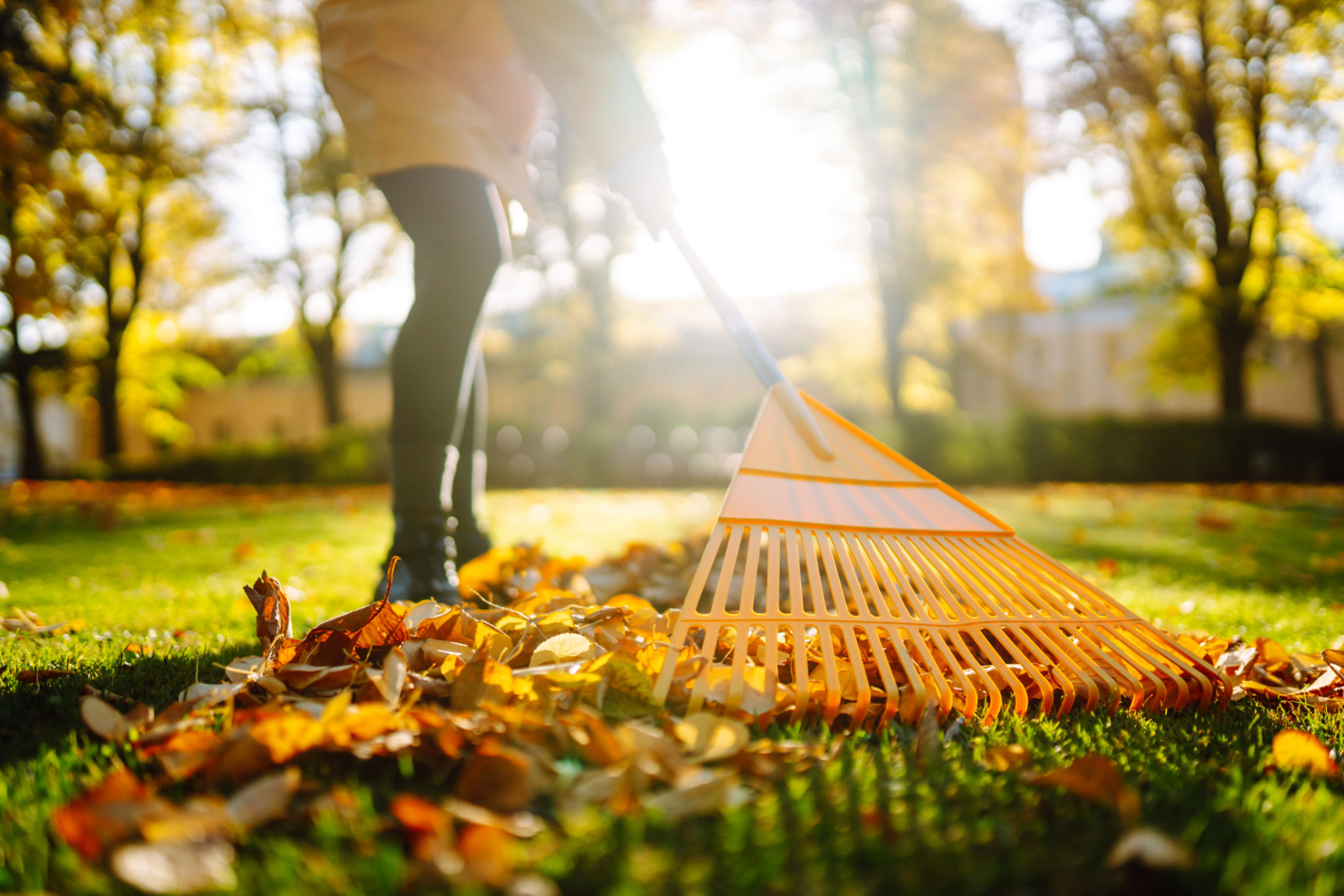Seasonal Landscaping Tips for New Developments in NC
Introduction to Seasonal Landscaping
When it comes to landscaping in North Carolina's new developments, each season brings unique challenges and opportunities. Understanding the local climate and soil conditions is crucial for maintaining vibrant and sustainable landscapes year-round. Whether you are a homeowner or a developer, applying seasonal landscaping tips can enhance the beauty and value of your property.

Spring Landscaping Tips
Spring in North Carolina is the perfect time to rejuvenate your garden after the colder months. Begin by cleaning up debris and pruning dead branches to encourage new growth. It's also an ideal time to plant trees and shrubs, as the milder temperatures allow roots to establish before the summer heat.
Consider introducing native plants to your landscape. Not only do they require less maintenance, but they are also more resistant to local pests and diseases. Adding a layer of mulch around your plants can help retain moisture and suppress weeds, keeping your garden healthy and vibrant.
Summer Care for Your Landscape
Summers in North Carolina can be hot and humid, posing a challenge for maintaining lush landscapes. Watering becomes crucial during this season; however, it's essential to do it efficiently. Water early in the morning or late in the evening to minimize evaporation and ensure that plants receive the maximum benefit.

Installing an irrigation system with a timer can help regulate water usage and provide consistent hydration to your plants. Additionally, keep an eye out for signs of heat stress, such as wilting or discoloration, and address these issues promptly to maintain plant health.
Autumn Landscaping Strategies
Autumn is a season of transition, making it an excellent time for planting perennials and bulbs that will bloom in spring. Remove fallen leaves regularly to prevent them from suffocating grass and plants. Autumn is also a good time to fertilize your lawn and plants, providing them with essential nutrients for the coming winter.
Consider aerating your lawn to improve soil compaction and enhance root growth. This process allows air, water, and nutrients to penetrate deeper into the soil, which promotes healthier grass growth.

Winter Landscaping Considerations
Though winters in North Carolina are relatively mild, it's essential to protect your landscape from potential frost damage. Cover sensitive plants with burlap or frost cloths during cold snaps. It's also a good idea to adjust your watering schedule, as many plants require less water during dormancy.
Use this time to plan your landscape design for the upcoming year. Consider incorporating hardscapes like patios or walkways that add structure and visual interest to your garden even during the dormant season.
Conclusion
With these seasonal landscaping tips, you can ensure that your new development in North Carolina remains beautiful and thriving throughout the year. By paying attention to the unique needs of each season, you can create a landscape that not only enhances curb appeal but also boosts property value and sustainability.